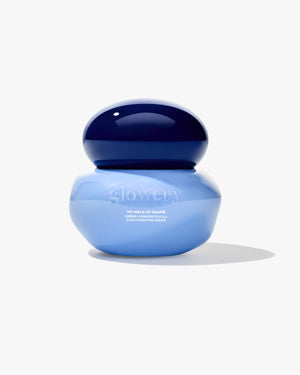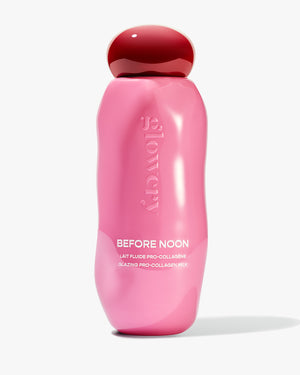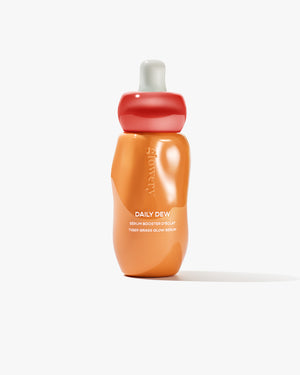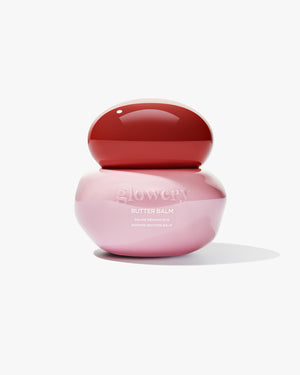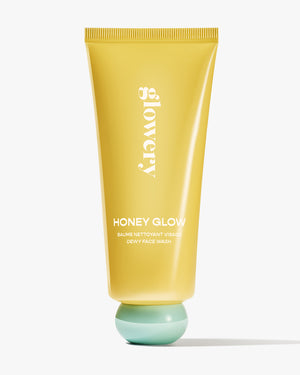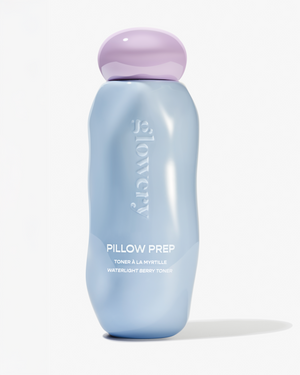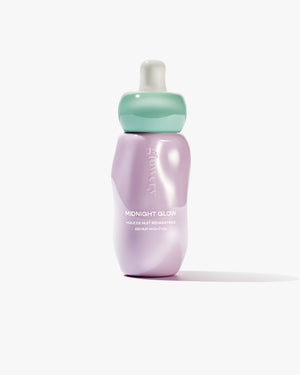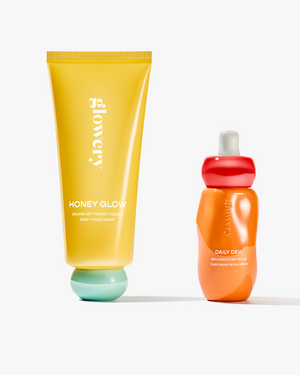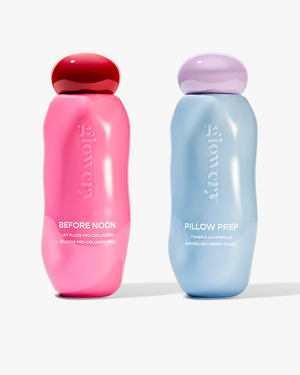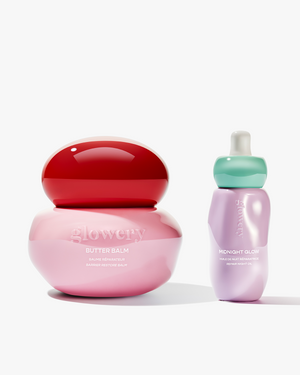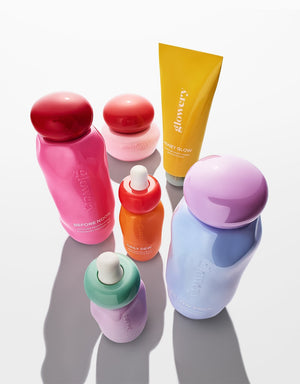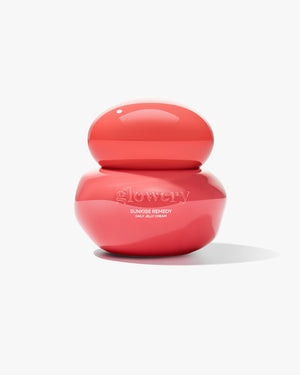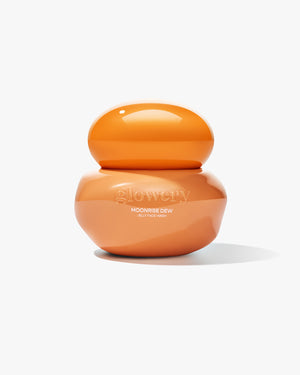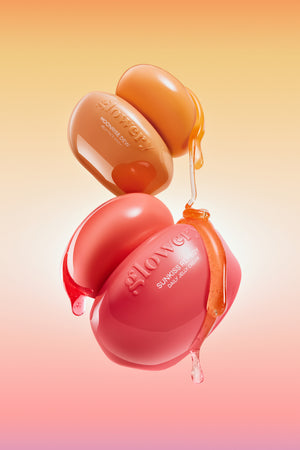How Social Media is teaching us to hate our skin ?
(and how to change that)
By Lily, passionate skincare advocate and Gen Z expert
Let’s face it: the beauty standards we see on social media every day are often far from reality. From Instagram filters to the latest TikTok beauty trends, we’re constantly exposed to a flawless version of beauty that doesn’t always match up with the skin we see in the mirror. But here’s the truth: social media is distorting our perception of beauty and teaching us to hate our skin in ways we don’t even realize.
When was the last time you posted a picture of your bare skin without any filters or edits? If you’re like most people, the answer is probably never. But social media’s portrayal of flawless beauty can make us feel like something is wrong with our own skin. Whether it’s acne, dark spots, or just not fitting into the image of what’s considered "beautiful", we’ve all been there.
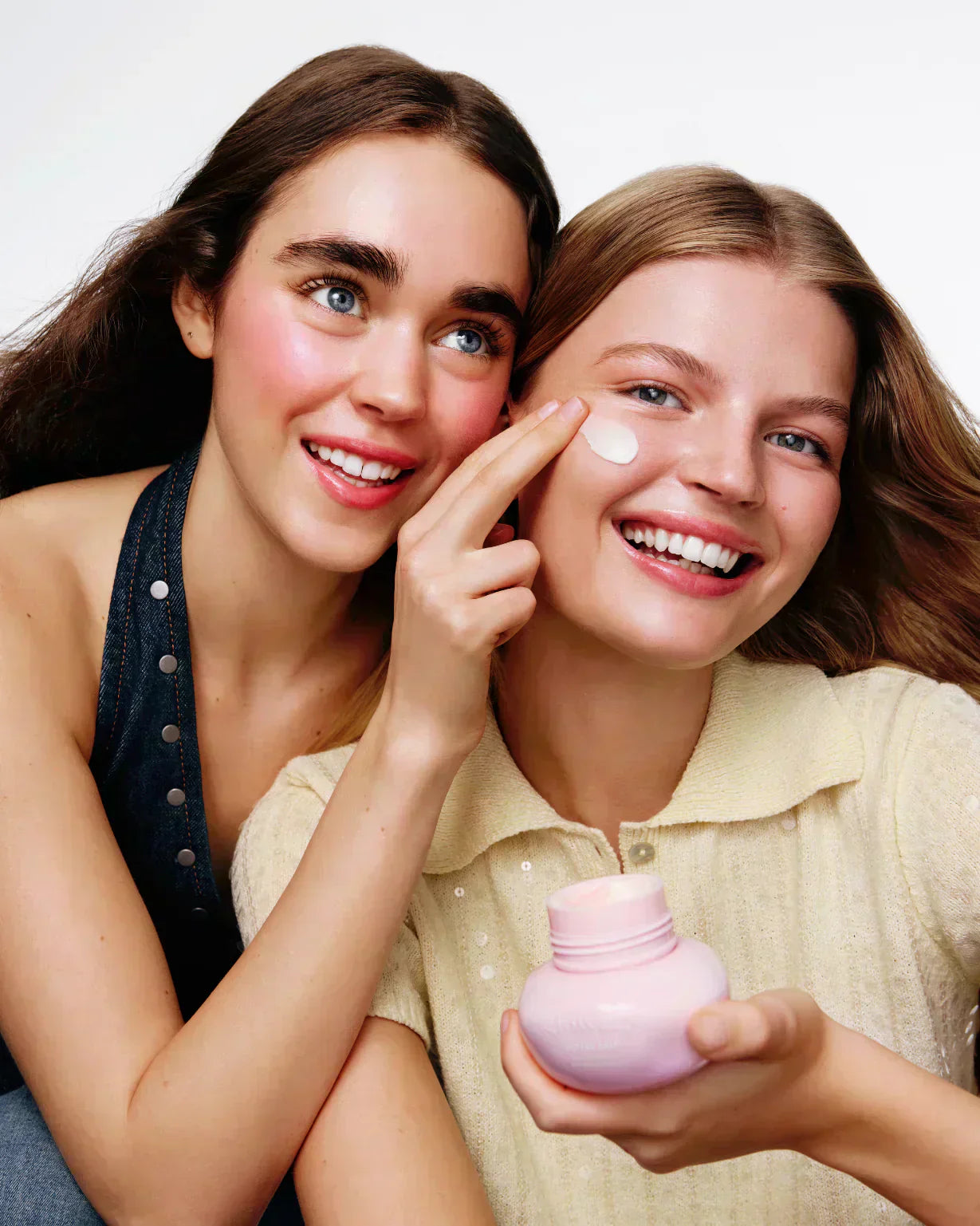
Why social media is making us question our skin
We’ve been conditioned to believe that perfect skin equals beauty. But that idea is deeply flawed. Social media is full of edited, curated images that don’t reflect the real-life experience of skin. In fact, beauty influencers often promote filters and editing as the "norm," reinforcing an unattainable standard of perfection.
This constant exposure to filtered images leads to the rise of skin insecurities. We start comparing our skin to something that doesn’t even exist. The result? We’re driven to use more products than necessary, over-treating our skin in an attempt to get closer to the flawless skin we see online.
How to break free from the social media beauty trap ?
It’s time to unlearn what we’ve been taught about beauty standards online. The first step is recognizing that the pictures you see on Instagram and TikTok are curated, not real. Filters, editing, and professional lighting play a huge role in creating those “flawless” looks. Your skin is beautiful as it is, and it deserves to be treated with care, not perfection.
Here are a few ways to stop the cycle of comparison:
<3 Stop the comparison game: Instead of focusing on others' skin, focus on yours. Every skin is unique and beautiful in its own way. Embrace your natural complexion.
<3 Practice self-care: Skincare isn’t about changing who you are; it’s about nurturing your skin and treating it with kindness. Choose products that hydrate, protect, and strengthen your skin, rather than products that promise unrealistic results.
<3 Embrace skin positivity: Celebrate the imperfections that make your skin yours. Those freckles, those dark spots, or the occasional pimple are a part of you , and that’s perfectly OKAY.
<3 Focus on skin health: Instead of chasing trends, prioritize skin health. Focus on gentle, nourishing products that support your skin’s natural barrier, like Glowery’s minimalist skincare line. These formulas are designed to keep your skin protected without overwhelming it.
Building a skincare routine that works for YOU
Let’s break away from the idea that our skin needs to look like everyone else’s. A skincare routine should be designed around your unique skin needs, not what’s trending on social media. Whether you’re dealing with dryness, acne, or hyperpigmentation, choose products that work with your skin, not against it.
Start with the basics: hydration and protection. Double cleanse to remove impurities, use a hydrating toner, and apply a nourishing moisturizer. Don’t forget your SPF , it’s essential, no matter your skin type. Your routine should leave your skin feeling balanced, hydrated, and protected.
Embrace your real skin
Remember, there’s no one-size-fits-all approach to beauty. Social media might try to make you believe otherwise, but your skin is beautiful as it is. Don’t let the pressure of online beauty standards dictate how you feel about yourself. Instead of trying to mimic what you see, embrace your own skin and love it for all that it is.
Real beauty doesn’t come from a filter or an edit. It comes from within. And when you start focusing on your skin’s health, you’ll begin to see real changes that go beyond the surface.

